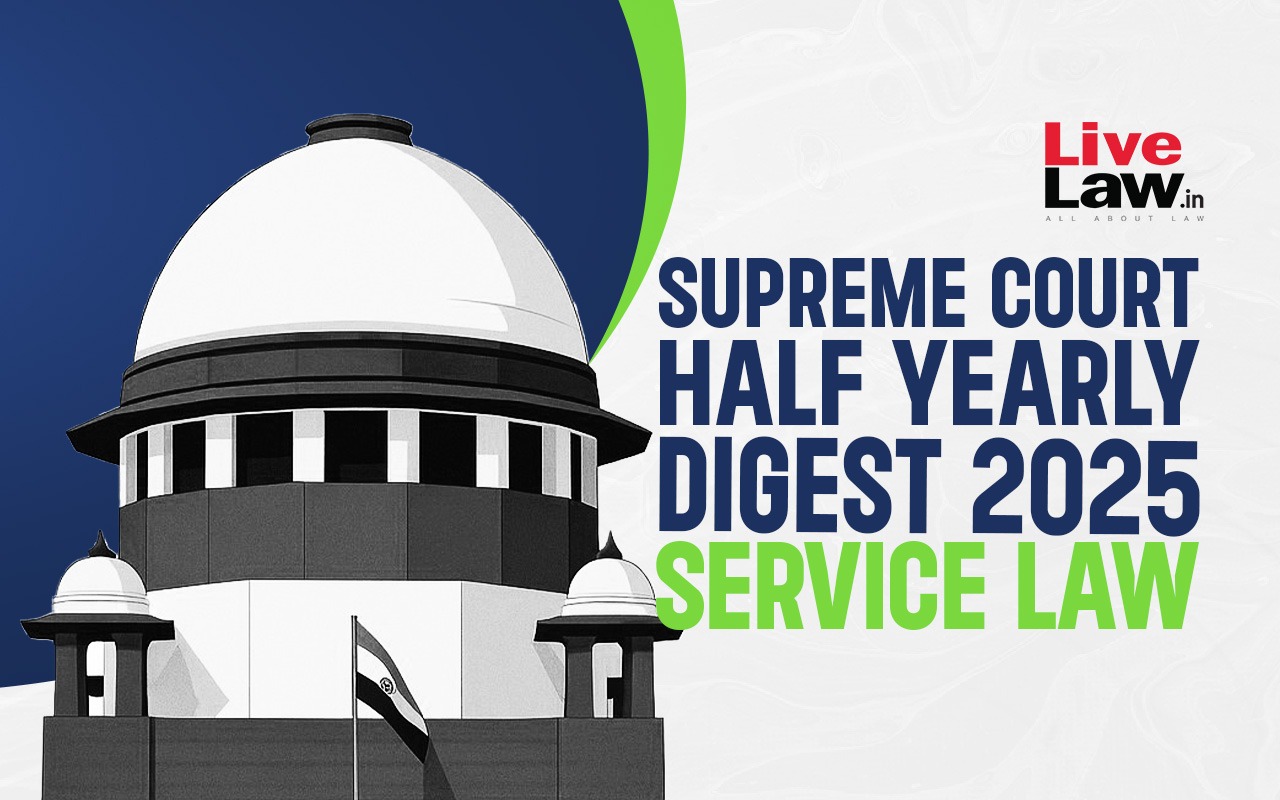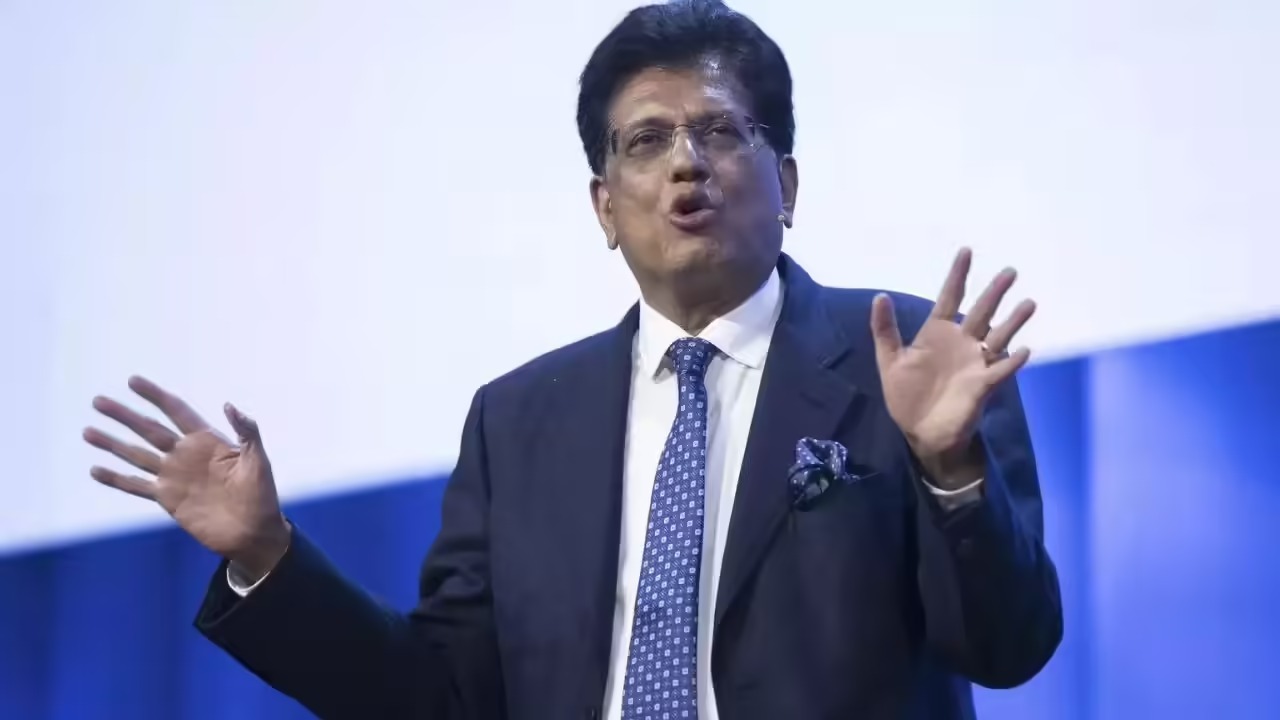In a landmark ruling, the Bombay High Court has clarified that solo entrepreneurs who operate a One Person Company (OPC) are not personally liable for the debts incurred by their firms, reinforcing the principle of limited liability for such business structures.
Key Highlights
Clear Separation of Liability: The High Court held that the sole director of an OPC cannot be equated with the company itself in matters of liability. The company is a distinct legal entity, and its debts cannot be automatically transferred to the individual owner.
Case Background: The dispute arose from a production agreement between Innovation Film Academy Private Limited (an OPC) and Endemol India for the production of a television show. When payment disputes led to arbitration, the arbitral tribunal initially ordered the sole director, Mr. Saravana Prasad, to deposit the disputed amount and disclose his personal assets.
Court’s Reasoning: Justice Somasekhar Sundaresan emphasized that the arbitral tribunal’s order was flawed in treating the individual and the OPC as the same for liability purposes. The judge noted that the Companies Act specifically grants OPCs the benefit of limited liability, protecting the personal assets of their sole directors.
Order Set Aside: The court set aside the directions requiring Mr. Prasad to deposit funds and disclose personal assets, stating such directions conflicted with Indian law governing OPCs.
Implications for Entrepreneurs: This judgment reassures solo entrepreneurs that their personal assets are protected when operating through an OPC, provided there is no evidence of fraud or misuse of the corporate structure.
Broader Impact: The ruling strengthens the credibility of OPCs as a viable business vehicle for solo founders, encouraging entrepreneurship without the fear of personal financial ruin due to business liabilities.
Source: livelaw.in






